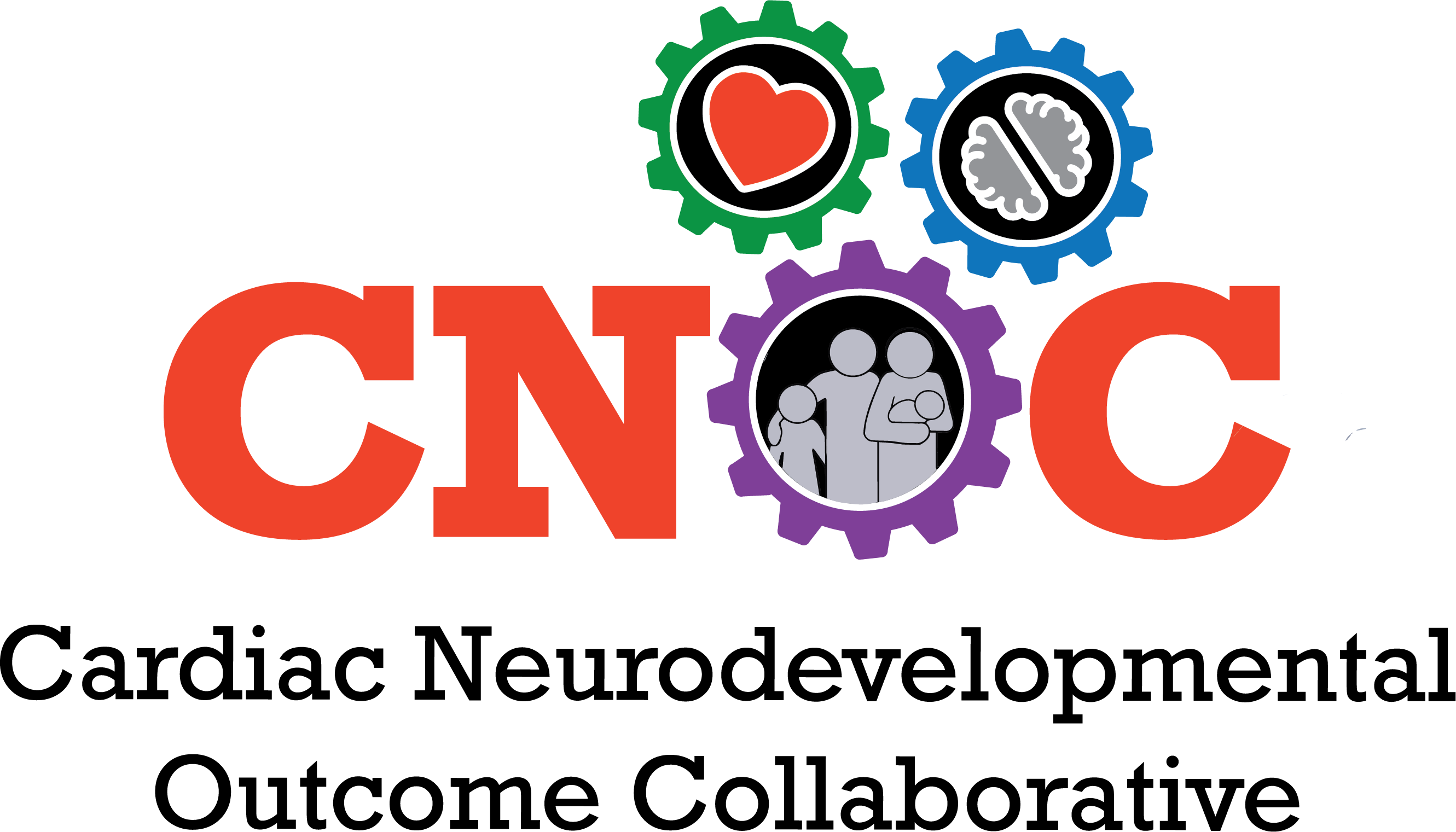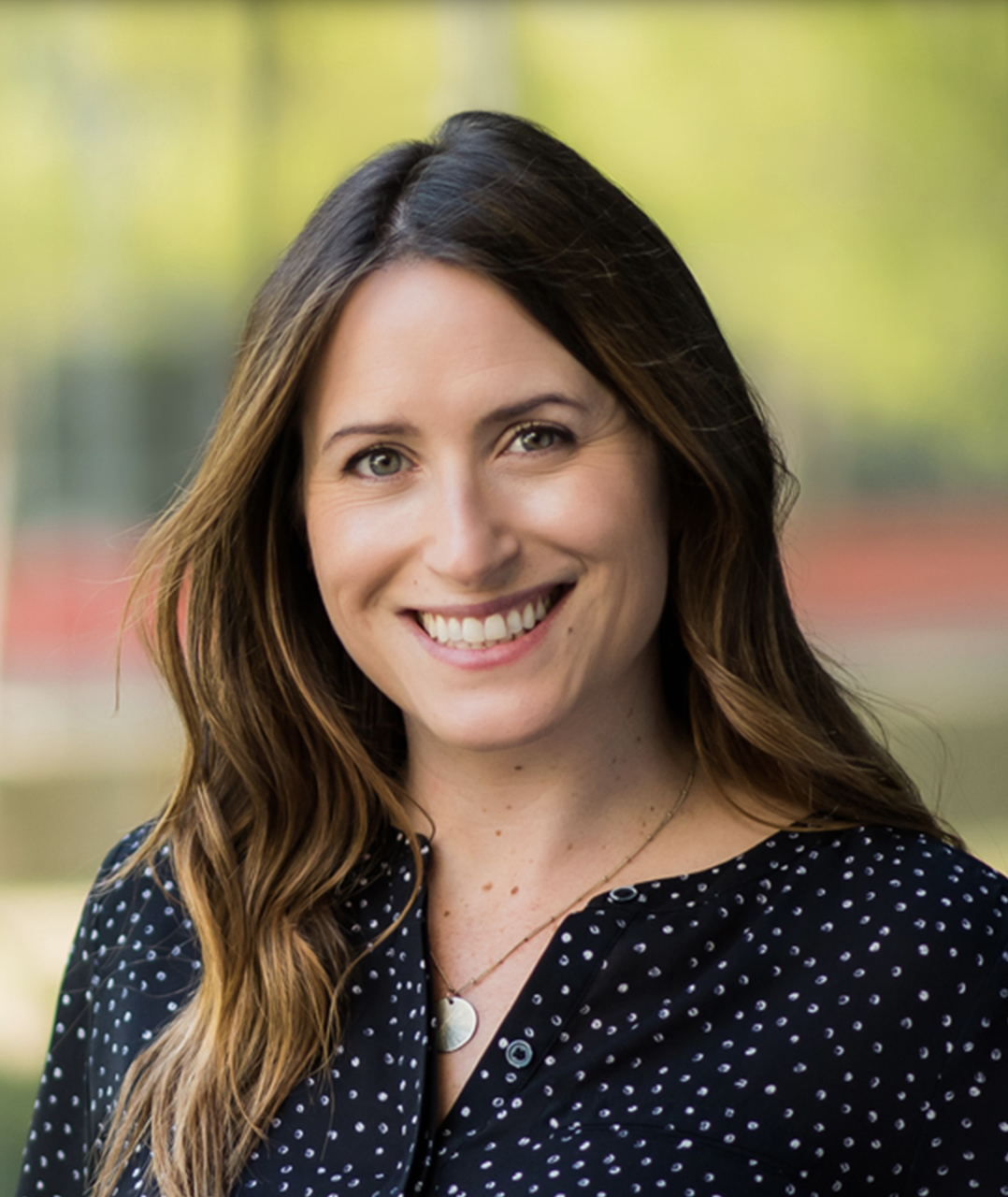Special Interest Groups (SIG)
Special Interest Groups (SIG) are designed to facilitate multicenter, multinational, and multidisciplinary (including patients and caregivers) collaboration to further the vision and mission of CNOC. SIG are formed by CNOC members and are focused on a specific topic or interest area related to cardiac neurodevelopment. Any CNOC member affiliated with a CNOC member site may apply to form and chair a SIG.
CNOC is pleased to accept applications for the formation of Special Interest Groups. Applications and inquiries can be sent to CNOC’s Members at Large via [email protected]. Add Special Interest Groups in the subject line.
SIG: Cardiac Education Liaison
Mission
To support education liaisons within cardiac neurodevelopment programs by bridging gaps in knowledge, clinical practice, education, policy, and advocacy, ensuring quality educational support for children with congenital heart disease (CHD).
Objectives
- Facilitate Networking and Collaboration – Maintain a robust network that enables education liaisons to connect, share insights, and collaborate on educational and cardiac-specific challenges. This platform will serve as a vital resource for exchanging ideas and fostering professional growth.
- Develop Tailored Educational Resources – Develop specialized materials designed to equip schools with the knowledge necessary to effectively support children with CHD. These resources will address the unique challenges faced by children with CHD, ensuring that educators are well-prepared to foster inclusive and supportive learning environments.
- Advance Collaborative Research Initiatives – Spearhead joint research projects to enhance understanding of the educational needs of children with CHD. These research efforts will not only contribute to the academic body of knowledge, but also inform evidence-based practices that can be applied in both educational and clinical settings.
Short-Term Goals
In the first 1-2 years, our primary focus will be on achieving key short-term goals designed to establish a strong foundation and address the immediate needs of our SIG. These goals will help us build momentum and set the stage for sustained progress:
- Build a robust network that enables education liaisons to connect, share insights, and collaborate on educational and cardiac-specific challenges.
- Undertake a comprehensive analysis to better understand and articulate the responsibilities and impact of education liaisons within cardiac neurodevelopment programs.
- Create well-informed recommendations for hiring educational liaisons within cardiac neurodevelopment programs, ensuring alignment with program needs and best practices.
- Collaborate to identify resources that effectively address families’ and schools’ needs, enhancing their understanding and support of children with CHD.
- Facilitate thoughtful dialogue on potential research topics that could illuminate the pivotal role of education liaisons within cardiac neurodevelopment programs.
Long-Term Goals
During years 3-5, our focus will shift towards more strategic goals aimed at expanding our impact and deepening our SIG’s effectiveness. These objectives are designed to build upon our initial successes and drive long-term sustainability:
- Create an accessible and dynamic platform for the exchange of resources, enabling education liaisons within cardiac neurodevelopmental programs to easily share and access valuable resources and best practices.
- Design and implement at least two high-impact educational tools endorsed by CNOC, aimed at enhancing knowledge and understanding within the educational community on how to address the unique challenges faced by children with CHD.
- Launch a research initiative that explores innovative approaches in providing educational support for children with CHD, contributing to the advancement of the field and improving educational outcomes.
Get Involved!
If you are passionate about improving educational outcomes for children with CHD and wish to contribute to this SIG, please reach out to us. We welcome education liaisons, healthcare professionals, and advocates who are committed to making a difference in the lives of children with CHD. Please contact Co-Chair Michelle Hughes at [email protected] or Co-Chair Roberta Rossman at [email protected] if you are interested in joining this SIG or have questions.

Founder & Co-Chair
Michelle Hughes MEd
Educational Advocate, Cardiac Neurodevelopmental Support Program
Cleveland Clinic Children’s

Founder & Co-Chair
Roberta Rossman MEd MSW LSW
Education Coordinator, Cardiac Kids Developmental Follow-Up Program
Children’s Hospital of Philadelphia

Founder & Vice Chair
Sarah Johnson MS
Education Liaison, NICU-Cardiac Neurodevelopmental Program
Lurie Children’s Hospital of Chicago
SIG: Cardiac Neurodevelopmental Data Coordinators and Data Entry Specialists
Short-Term Goals (years 1-2):
· Create an accessible running list of each sites’ entry person in collaboration with the Database and Implementation Committee.
· Collect data about the role of the data coordinator/data entry specialist.
· Develop a support network for data coordinators/data entry specialists, sharing topics of interest.
· Determine the priorities for material and tools for data coordinators/data entry specialists to collaborate with the Database and Implementation committee before creating tools to prevent overlap of resources and after completion for approval of tools.
· Develop a guide and materials for onboarding of data coordinators/data entry specialists for the Database and Implementation Committee and the Neurodevelopmental Core lab to review and approve.
Long-Term Goals (years 3-5):
· Develop a way to share resources in collaboration with the Database and Implementation Committee.
· Develop at least two (2) informational tools from CNOC related to data entry.
· Develop one (1) research project or quality improvement.
Knowledge, Clinical, Education, Policy and/or Advocacy Gap(s) the SIG Will Address:
· Sharing insights about sites’ data entry processes to learn from each other and improve efficiency.
· Opportunity to create needed generalized materials in collaboration with the Database and Implementation Committee.
· Opportunity to discuss and complete joint research projects related to cardiac patients’ data collection and data entry needs.
· Creating opportunities to bridge the knowledge gap in neuropsychological testing by collaborating with Neuropsychologists
· Opportunity to support new institutions and programs as they join CNOC in collaboration with the Database and Implementation Committee and the Neurodevelopmental Core lab to review and approve.
Looking to connect with fellow data entry professionals? Come join us!
Please contact Co-Chairs Stacie Boyle at [email protected] and Julie Gardner at [email protected]
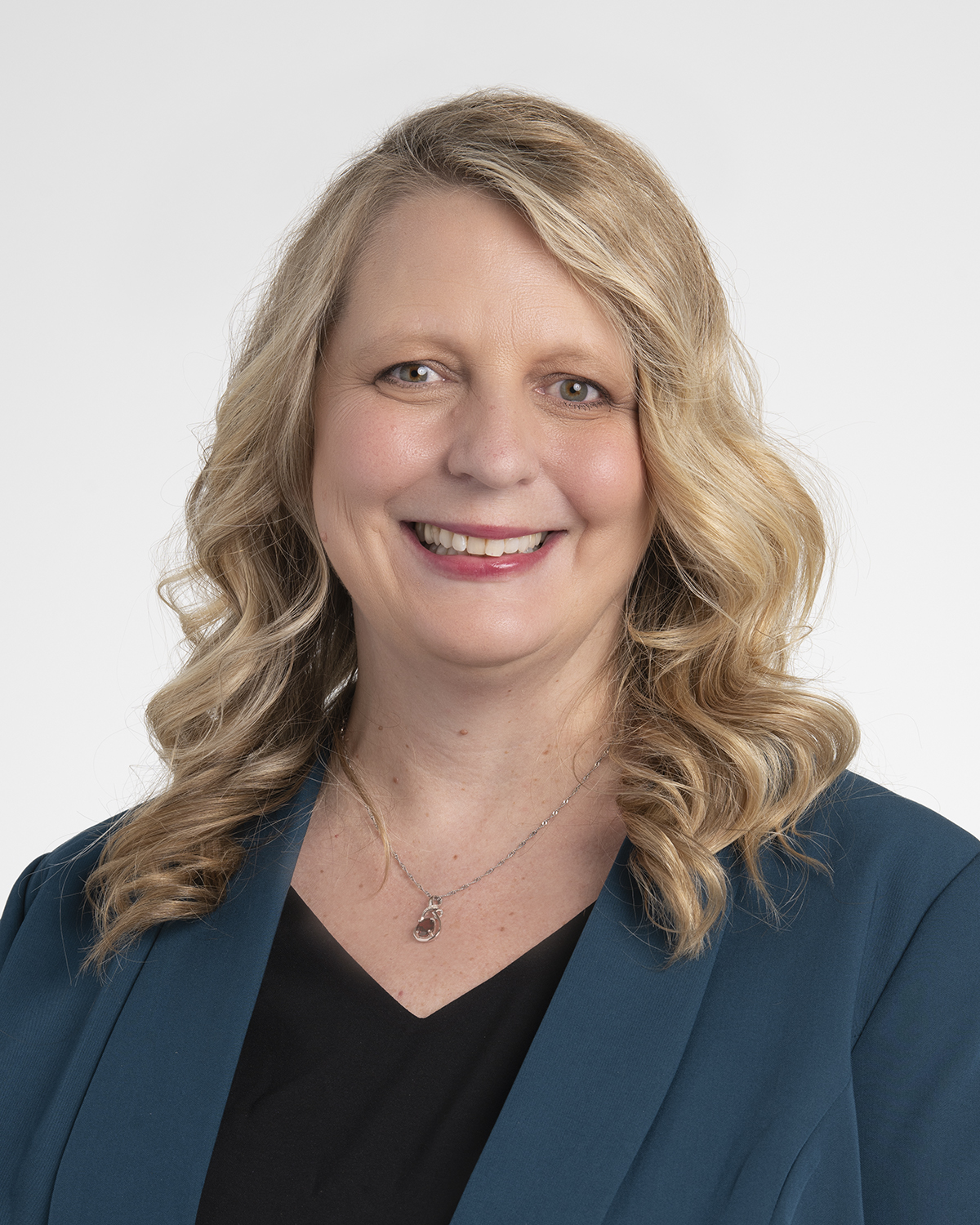
Stacie Boyle MSN RNC-MN
Founder & Co-Chair
Data Registries Coordinator
Cleveland Clinic
[email protected]
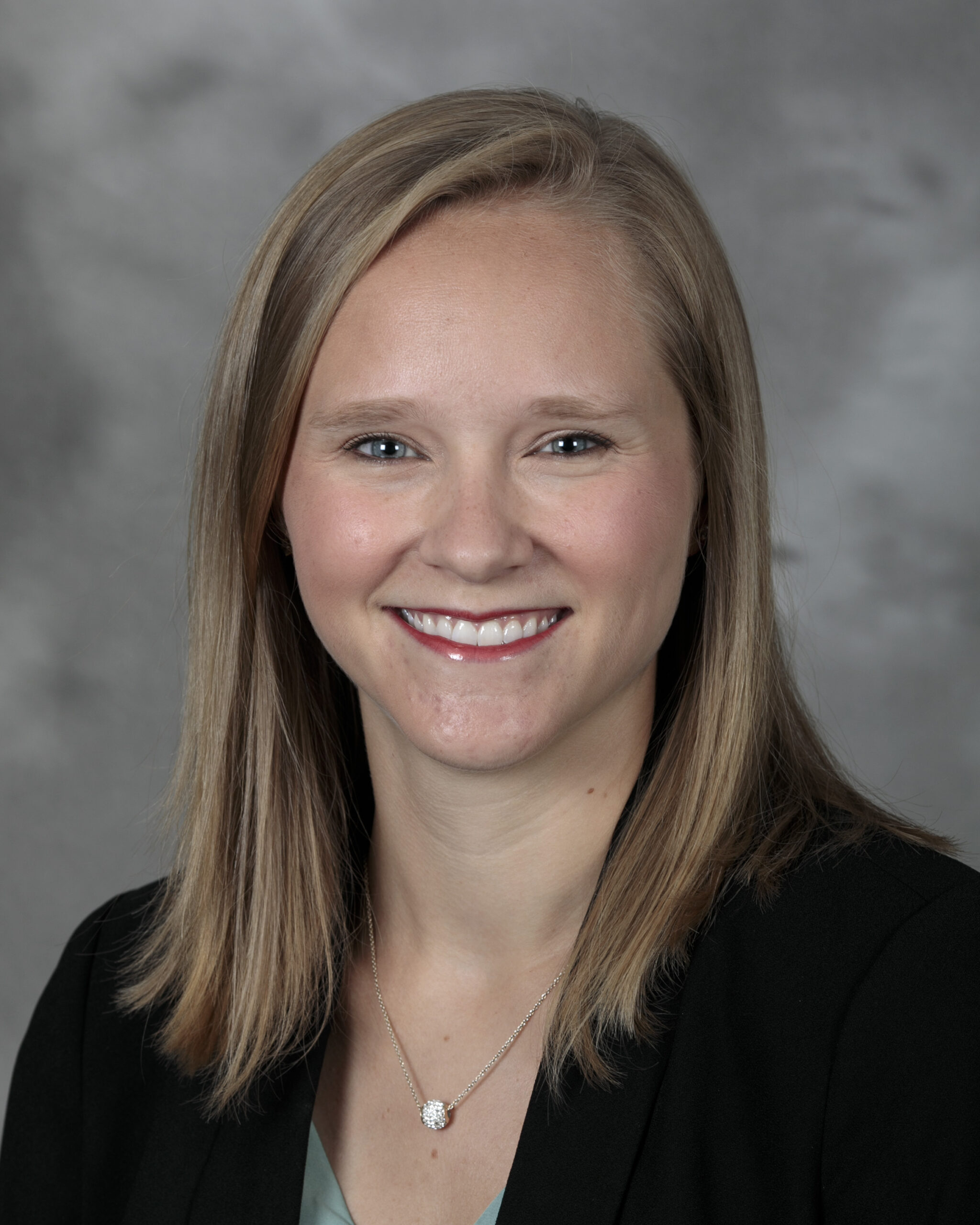
Julie Gardner MSN RN CPN
Founder & Co-Chair
Specialty Data Registry & Process Improvement Coordinator
Riley Hospital For Children at IU Health
[email protected]
SIG: Cardiac Neurodevelopment Program Coordinators (CNPC)
About the Cardiac Neurodevelopment Program Coordinators (CNPC) SIG:
Welcome to the CNPC SIG! The CNPC SIG is a multidisciplinary group of providers who operate as program coordinators for their institution’s Cardiac Neurodevelopment Program. The purpose of this SIG is to create a network to connect Cardiac Neurodevelopment Program Coordinators across North America to share information and insights to support one another and our programs.
Short-Term Goals (years 1-2):
- To develop a network of cardiac neurodevelopment program coordinators to connect and share information and experiences to strengthen individual programs and the CNOC community
- To improve quality of care in the clinical setting and enhance clinic operations for patients and faculty across CNOC sites
Long-Term Goals (years 3-5):
- Provide a modality for nurses and interprofessional providers to become more engaged in CNOC
- To develop evidence-based cardiac neurodevelopment patient and family educational materials that are consistent across CNOC sites
- To develop a CNOC clinical site visit program to allow healthcare providers and program coordinators across North America to learn from one another and build relationships
Please contact SIG Co-Chairs Jenna Kolschetzky BSN, RN, CPN at [email protected] or Amanda Manderfeld, MSN, RN, CPN BSN at [email protected] if you are interested in joining this SIG or have questions.
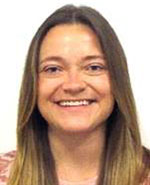
Jenna Kolschetzky BSN RN CPN
Co-Chair
[email protected]

Amanda Manderfeld MSN RN CPN
Co-Chair
[email protected]
SIG: Cardiac Newborn Neuroprotective Network (CN3)
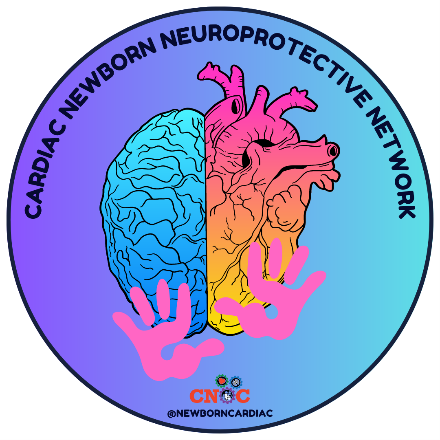
About CN3
Welcome to the Cardiac Newborn Neuroprotective Network (CN3), a multidisciplinary professional group collaborating to improve the care of infants with complex congenital heart defects (cCHD).
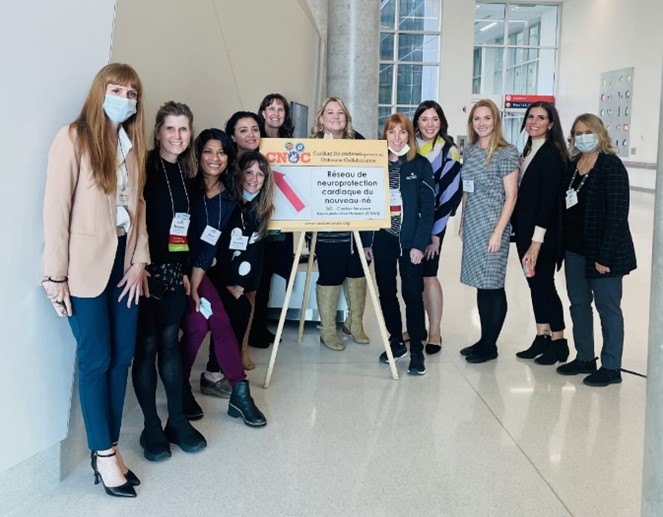
Objectives
- Promote individualized developmental care for infants with cCHD
- Delineate standard care practices for infants with cCHD
- Disseminate information, materials, and education
- Collaborate on manuscripts and quality improvement projects
- Share evidenced based ideas
- Align with families of infants with cCHD
CN3 on Social Media
X (Twitter): @NewbornCardiac
Instagram: cardiac.newborn.neuro.network
CN3 Manuscripts
Lisanti AJ, Vittner D, Medoff-Cooper B, Fogel J, Wernovsky G, Butler S. Individualized Family-Centered Developmental Care: An Essential Model to Address the Unique Needs of Infants With Congenital Heart Disease. J Cardiovasc Nurs. 2019 Jan/Feb;34(1):85-93.
Jones CE, Desai H, Fogel JL, Negrin KA, Torzone A, Willette S, Fridgen JL, Doody LR, Morris K, Engstler K, Slater NL, Medoff-Cooper B, Smith J, Harris BD, Butler SC. Disruptions in the development of feeding for infants with congenital heart disease. Cardiol Young. 2021 Apr;31(4):589-596.
Desai H, Jones CE, Fogel JL, Negrin KA, Slater NL, Morris K, Doody LR, Engstler K, Torzone A, Smith J, Butler SC. Assessment and management of feeding difficulties for infants with complex CHD. Cardiol Young. 2022 Dec 23:1-10.
Lisanti AJ, Vittner DJ, Peterson J, Van Bergen AH, Miller TA, Gordon EE, Negrin KA, Desai H, Willette S, Jones MB, Caprarola SD, Jones AJ, Helman SM, Smith J, Anton CM, Bear LM, Malik L, Russell SK, Mieczkowski DJ, Hamilton BO, McCoy M, Feldman Y, Steltzer M, Savoca ML, Spatz DL, Butler SC. Developmental care pathway for hospitalised infants with CHD: on behalf of the Cardiac Newborn Neuroprotective Network, a Special Interest Group of the Cardiac Neurodevelopmental Outcome Collaborative. Cardiol Young. 2023 Mar 30:1-18.
Rogers SC, Malik L, Fogel J, Hamilton B, Huisenga D, Lewis-Wolf C, Mieczkowski D, Peterson JK, Russell S, Schmelzer AC, Smith J, Butler SC. Optimising motor development in the hospitalised infant with CHD: factors contributing to early motor challenges and recommendations for assessment and intervention. Cardiol Young. 2023 Oct;33(10):1800-1812. doi: 10.1017/S1047951123003165. Epub 2023 Sep 20. PMID: 37727892.
Frequently Asked Questions
Q: How do I join?
A: If your institution is a member of CNOC, you should connect with Donna Pendarvis ([email protected]) and Heather Watson ([email protected]) to request SIG membership.
Q: Does my institution have to be a member of CNOC to maintain membership with the CN3?
A: If your institution is not a CNOC Institutional Member, you can still be part of our SIG by filling out the Nonmembers SIG/Committee Only application and paying a nominal fee. Additionally, please reach out to Donna and Heather (emails above) to notify them of your request for SIG membership.
Q: What are the benefits of being a member?
A: As a benefit, you will have access to our listserv. It is a judgement-free zone for collaboration and has stayed true to its grassroots philosophy that we can learn and grow together. We also collaborate on Quality Improvement projects, manuscripts, and educational initiatives, which you are welcome to join.
Q: What disciplines does CN3 represent?
A: CN3 members represent many disciplines (physicians, advance practice practitioners, nurses, speech/language pathologists, physical therapists, occupational therapists, psychologists, dietitians and family members of individuals with CHD).

Karli Negrin MS CCC-SLP
Co-Chair
[email protected]
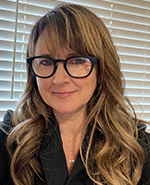
Courtney Jones MS CCC-SLP
Co-Chair
[email protected]

Hema Desai MS CCC-SLP BCS-S
Co-Vice Chair
[email protected]

Lauren Malik PT MSPT
Co-Vice Chair
[email protected]
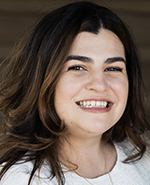
Heather Watson BSN RN CPN
Co-Secretary (Membership)
[email protected]

Nashifa Momin SLP-D CCC-SLP
Co-Secretary
[email protected]
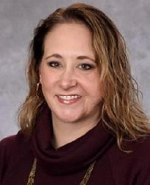
Molly King MSN MPH
Member at Large
[email protected]

Elizabeth Rose DPT
Member at Large
[email protected]
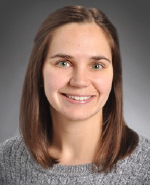
Shana Hayes DPT
Member at Large
[email protected]

Hannah Pillert BSN
Newsletter
[email protected]

Sarah Oriolo CCC-SLP IBCLC
Marketing / PR
[email protected]
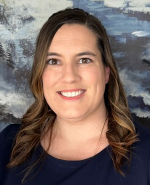
Carrissa Ostrom BS
Parent Co-Lead
[email protected]
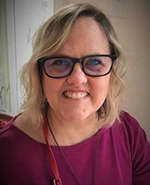
Jodi Smith Esq.
Parent Co-Lead
[email protected]

Samantha Butler PhD
Founder and Immediate Past Chair [email protected]

Jennifer Fogel MS CCC SLP/L
Founder
[email protected]
SIG: CHD and the Developing Fetal Brain
Over the last decade, we have learned that the developing fetal brain is vulnerable in the setting of congenital heart disease. Disturbances to brain maturation begin in utero for fetuses with complex CHD and may increase the risk of acquired brain injury and future neurodevelopmental impairment. Novel magnetic resonance imaging techniques have enabled quantification of brain maturity and early assessments of the intersection between cardiovascular physiology and brain maturity. In recent years, we have learned that other factors may play an important role in brain development, including genetic and environmental (i.e. socioeconomic status, maternal stress) factors.
In order to fully understand the relative contribution of each of these factors (physiology, environment, genetic), large studies that can analyze different cardiac sub-groups separately are needed. Most single center studies do not have the sample size to effectively study sub-groups of CHD. Thus, a collaborative effort is required to combine imaging studies across institutions along with granular genetic and environmental data to provide the foundation for urgently needed fetal neuroprotective clinical trials. Our collaborative efforts will not only advance knowledge and create innovation but may provide data to influence policies around the care of the pregnant women whose fetuses are affected by CHD (i.e. routine psychological and stress support for mothers and fathers, advocacy for vulnerable underserved populations).
The short-term goals of this SIG are to:
- Bring together a multi-disciplinary group of individuals with an interest in understanding the developing fetal brain in congenital heart disease (physicians, researchers, radiologists, physicists, nurses, psychologists);
- Begin to develop a mechanism to enable data sharing of fetal imaging studies across institutions and platforms (i.e. different imaging vendors);
- Focus on the intersection of fetal cardiovascular physiology, environmental, and genetic factors with brain development utilizing novel imaging modalities that can be shared across institutions.
Over the long-term, we aim to combine pooled fetal neuroimaging data with neurodevelopmental outcome data collected through CNOC to understand fetal markers of neurodevelopmental outcome and utilize this SIG as a resource to investigators embarking on fetal neuroprotective trials to provide a platform for mentorship, collaboration, and data sharing.
Please contact SIG Co-Chairs Vidya Rajagopalan and Rachel Leon if you are interested in joining this SIG or with questions.
SIG: Innovative Approaches to Outpatient Neurodevelopmental Care
The Innovative Approaches to Outpatient Neurodevelopmental Care SIG was formed by several of the original members of CNOC’s Telehealth Task Force (TTF). The TTF was formed in the Summer of 2020 in response to the COVID-19 pandemic to provide rapid guidance on best practices for remote neurodevelopmental screening, evaluation, and care of individuals with pediatric and congenital heart disease. This task force was highly productive, generating guidelines for CNOC clinicians and peer-reviewed publications.
As in-person clinical care largely resumed in 2022, our group shifted focus to explore how we might harness lessons learned during the pandemic to improve and innovate cardiac outpatient neurodevelopmental (ND) care. We soon realized the benefits of expanding the group to include input from a wider range of specialties and felt this would be best accomplished through a SIG.
Short-term goals:
- Expand our SIG to have representation across disciplines, including patients and family members.
- Facilitate discussions of current practices and approaches to cardiac ND care across our represented CNOC centers. This will include, but is not limited to:
- How to manage increasing demand and patient volumes. Specifically, how we prioritize and triage patients and how we can support families while they wait for a more comprehensive evaluation or visit.
- Models for providing care, including incorporation of telehealth, as well as discussions of how outcomes and other key metrics are tracked across centers.
- How to harness innovative care models to address health disparities and improve access to outpatient cardiac ND care across diverse populations.
- Discussions about best practices and strategies to optimize cardiac ND care may be informed by reviewing challenges and approaches that have been successful in promoting ND care in other at-risk pediatric populations and sharing our experiences beyond the cardiac population.
Long-term goals:
- Identify basic principles, processes, and guidance for how to establish and maintain a cardiac neurodevelopmental program, whether this be starting a new program or expanding an existing program.
- Create shared resources and tools for programs and their teams, which we envision will be especially useful for new CNOC members. We also aim to provide resources for families on the purpose and processes of a cardiac neurodevelopmental clinic and the role of these programs in supporting optimal neurodevelopmental care.
- Over time, our goal is to establish best practices for supporting outpatient cardiac neurodevelopment program growth, including triage, screening, care, and funding approaches. We will also identify recommended metrics or other methods of tracking patient follow-up, outcomes, and overall clinical care.
Please contact Co-Chairs Stephany Cox or Renee Sananes if you are interested in joining this SIG or have questions.
Internal CNOC Resources from the TTF: https://www2.cardiacneuro.org/members/telehealth/
Cox, S., Butcher, J., Sadhwani, A., Sananes, R., Sanz, J.., Blumenfeld, E., Cassidy, A., Cowin, J., Ilardi, D., Kasparian, N., Kenowitz, J., Kroll, K., Miller, T., & Wolfe, K. Integrating Telehealth Into Neurodevelopmental Assessment: A Model From the Cardiac Neurodevelopmental Outcome Collaborative (2022). Journal of pediatric psychology, 47(6), 707-713.
Kasparian, N., Sadhwani, A., Sananes, R., Blumenfeld, E., Butcher, J., Cassidy, A., Cox, S., Kenowitz, J., Miller, T., Sanz, J., Wolfe, K., & Ilardi, D. (2022). Telehealth services for cardiac neurodevelopmental care during the COVID-19 pandemic: a site survey from the Cardiac Neurodevelopmental Outcome Collaborative. Cardiology in the young, 1-8.
